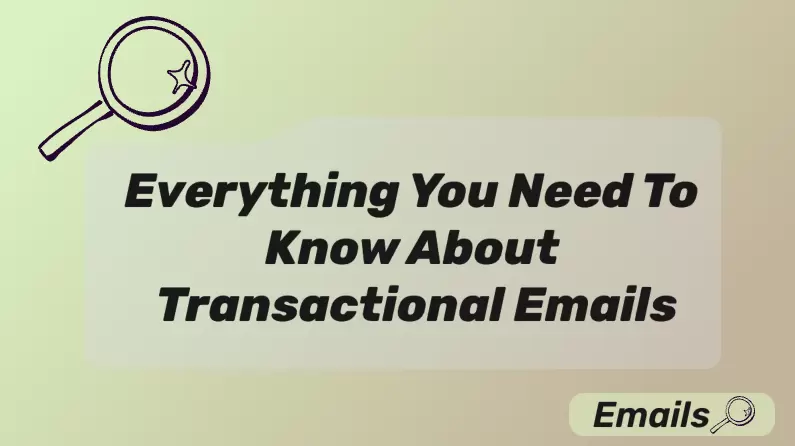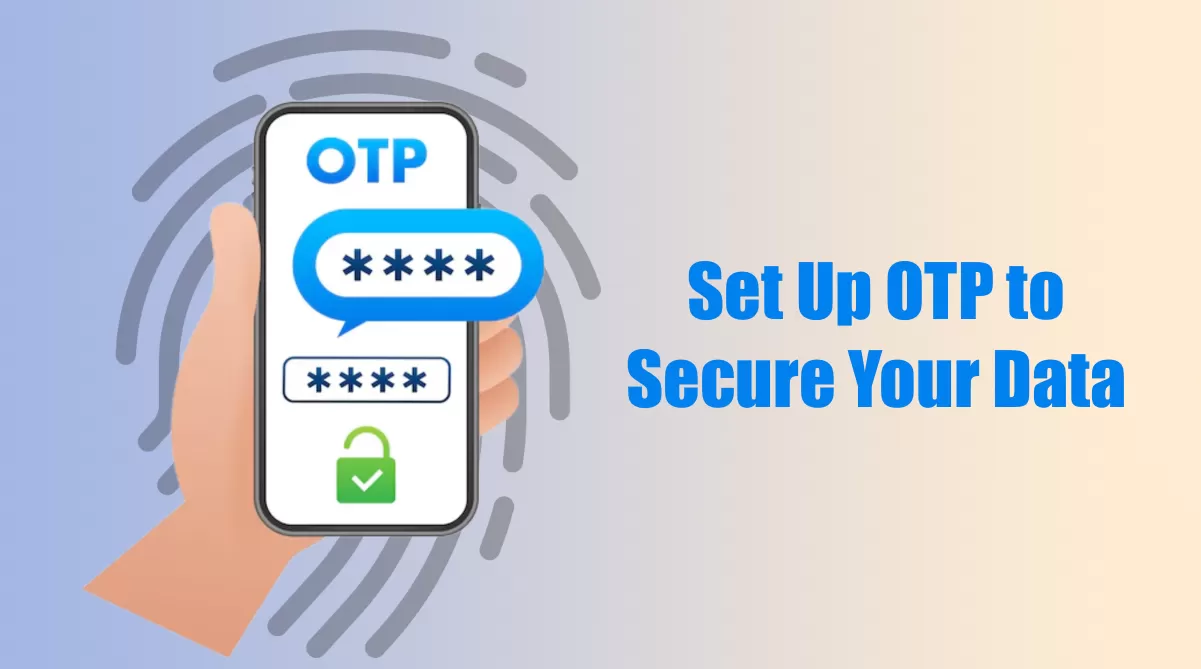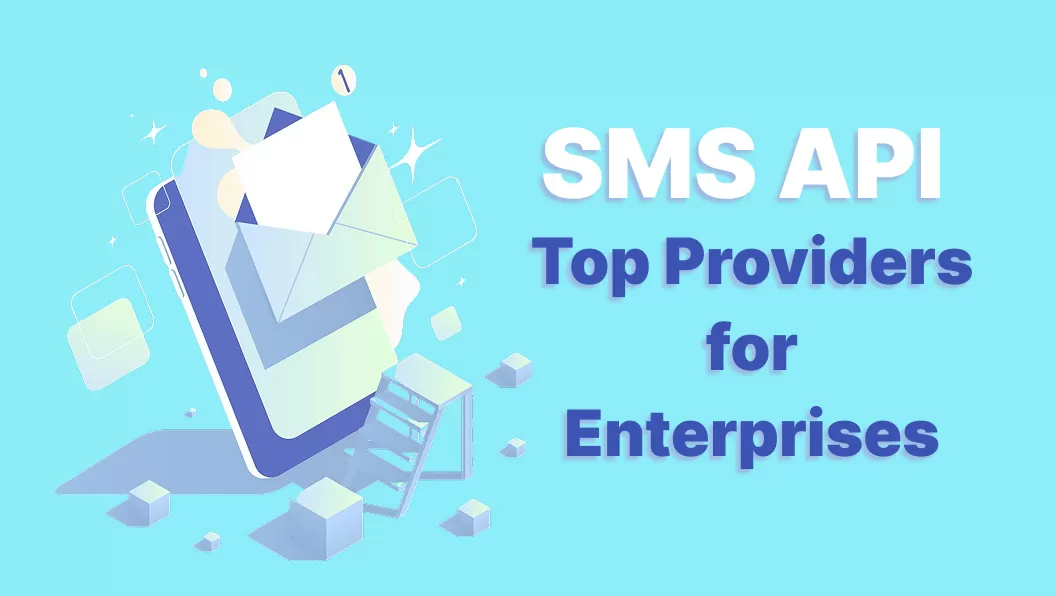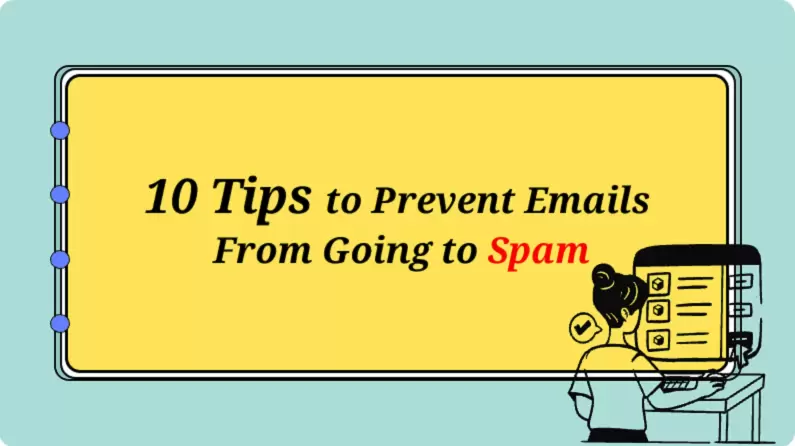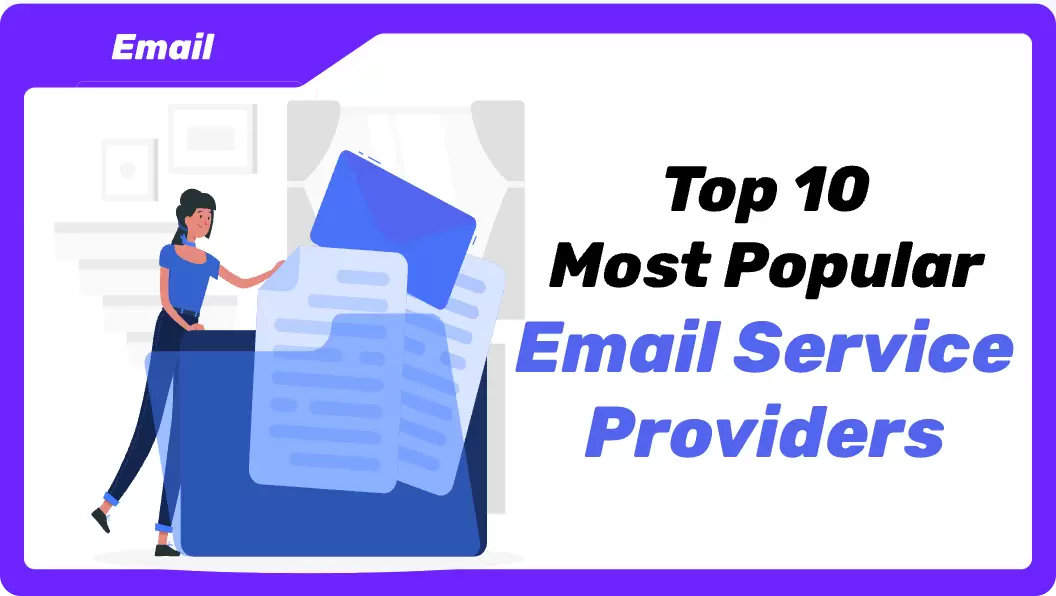Tired of always switching between platforms to manage your email marketing campaigns? You might need an email marketing automation platform that can unify your marketing efforts and automate the email campaigns to help you utilize the power of automation in increasing engagement.
Most importantly, automated email campaigns can grow your business as statistics indicate that automated emails bring 52% higher open rate, 332% higher click rates, and an unbelievable 2361% better conversion rate than manual campaigns.
But the journey of getting any of these benefits starts with learning what email marketing automation is.
Why Email Marketing Automation is Essential for Your Business
Understanding Email Marketing Automation
Before we start discussing the benefits and process, let's discuss what email automation is.
Email automation simply means the process of setting certain rules that trigger email messages and personalizing your messages based on specific actions taken by the customer. This process is executed by an email marketing automation software.
For example, most businesses nowadays have automated welcome emails that are sent when a new customer signs up on a website or buys a certain product or service.
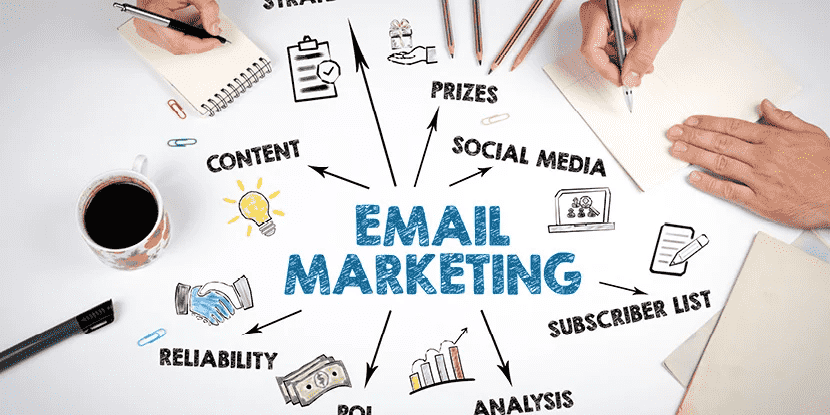
Source: Leadnurtureclose
The core function of email automation is to free up your time by automating repetitive tasks. Moreover, it can also help provide more engaging information about your brand to turn them into loyal customers.
Key Benefits: Scalability, Personalization, and ROI Optimization
Email marketing automation has many advantages, such as better branding, higher engagement, and saving time.
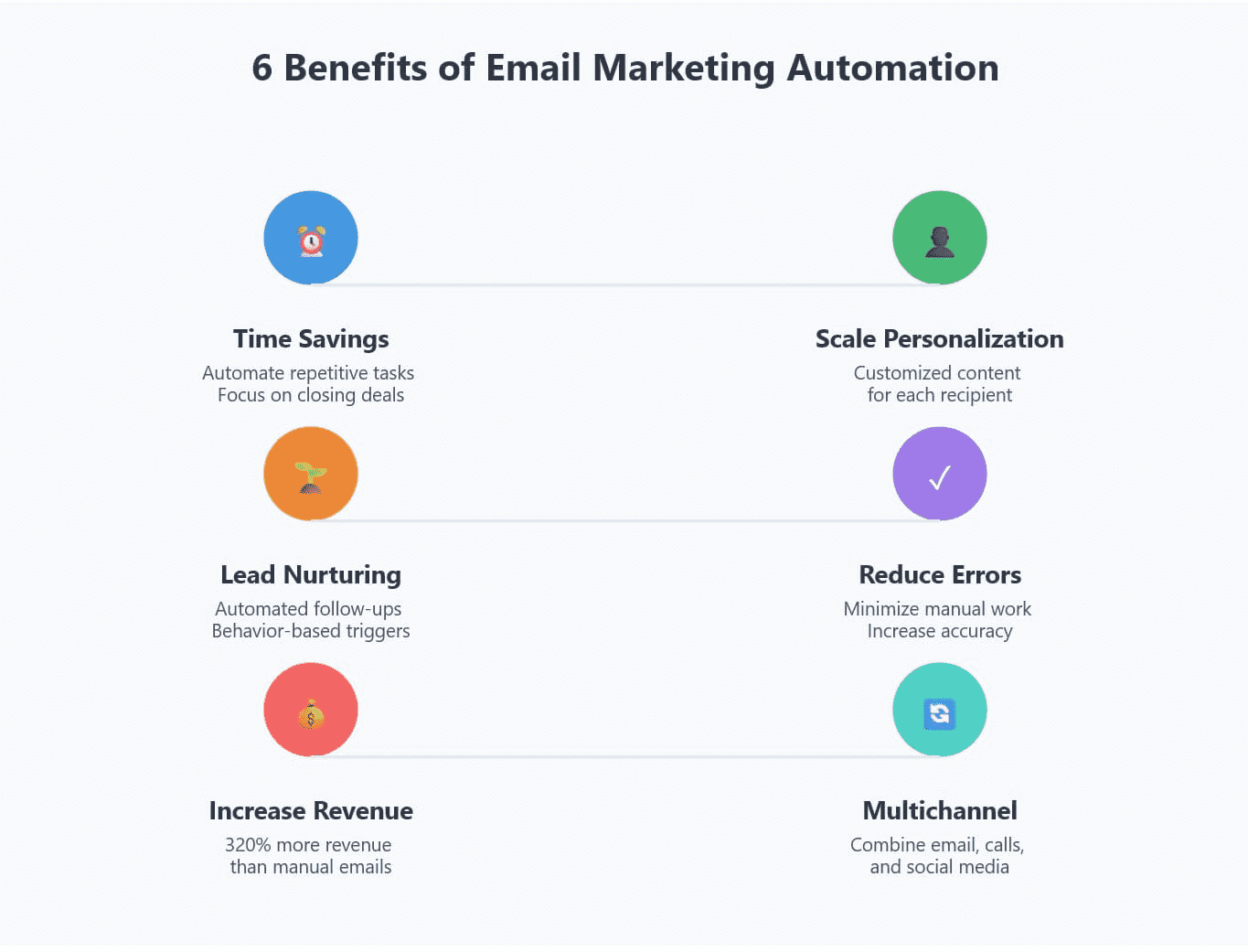
But three of the most important benefits are:
1. Scalability
If you have a very small email list, you can easily send them emails manually without relying on an email automation software. However, sending regular emails to a large audience is impossible, especially without getting spam warnings.
This is where an email marketing automation platform comes into play to help you grow your business by sending emails to multiple segments of your audience. An efficient email automation platform helps you send regular and targeted emails to everyone on your list, no matter how big the list is.
Most importantly, if you choose an email marketing automation tool with usage-based pricing, you won't even have to pay much money. It will help you scale your email marketing campaign as you grow your business.
2. Personalization
Generic marketing emails are simply no longer effective.72% of people say they only engage with marketing messages that are personalized as per their interests. It means businesses have to personalize their email messaging to connect with the target audience. The best part is that modern email marketing automation tools can personalize emails at scale without doing any manual work.
3. ROI Optimization
The impact of automation in email marketing is proven by various studies and statistics:
- AI-driven email marketing brings a 13% increase in click-through rates and a 41% boost in revenue
- Automated email campaigns generate 320% higher ROI compared to manual campaigns
These stats make it clear that email marketing automation can give a massive boost to all types of businesses.
Common Use Cases and Workflow Types
The use cases of automation in email marketing are endless because emails are often sent for a variety of reasons at numerous stages in a user journey. Here are some of the common use cases and workflow types of email automation:
- Welcome Series: Engage your new subscribers with brand introduction and offers.
- Abandoned Cart: Remind shoppers of products they have left behind to drive conversion.
- Lead Nurturning: Build a close relationship with potential customers via personalized and targeted content.
- Re-engagement: Win back inactive subscribers with special offers.
- Post-purchase: Establish a strong bond with your customers through thank-you notes and targeted upsells.

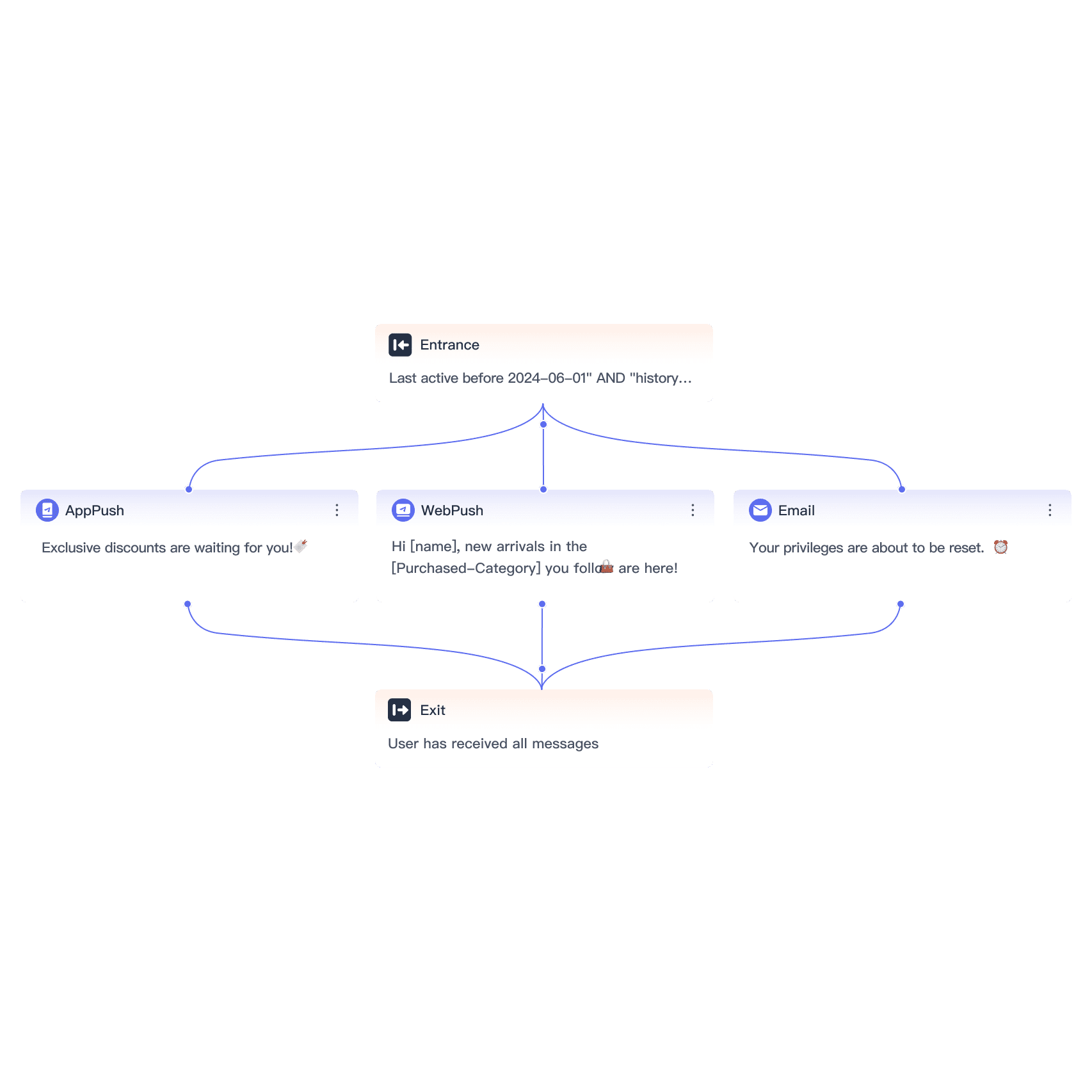
Navigating Enterprise Email Marketing Challenges
The kind of challenges that enterprises face in automating email marketing campaigns is quite different from personal or small-scale campaigns. Let's look at some of these common challenges in detail.
1. Integration Complexity
Large-scale organizations typically use a diverse set of enterprise marketing tools and platforms. A typical tech stack of an enterprise includes a customer relationship management software, a lead scoring tool, an analytics platform, and marketing tools via email, SMS, social media, etc.
So, the challenge is integrating all of these tools to get a comprehensive understanding of your customer behaviour and preferences. If you are using legacy systems and have not paid attention to integration options much, you'll likely have to spend tons of hours and resources on the integration process, leading to higher costs.
This is the reason why most enterprises now prefer unified marketing automation platforms to streamline the marketing operations and manage everything via the same tool instead of switching between different systems.
2. Compliance
No one wants their email to end up in the spam folder of the target audience. And yet, it is much more common than you might think, as organizations often overlook the importance of compliance.
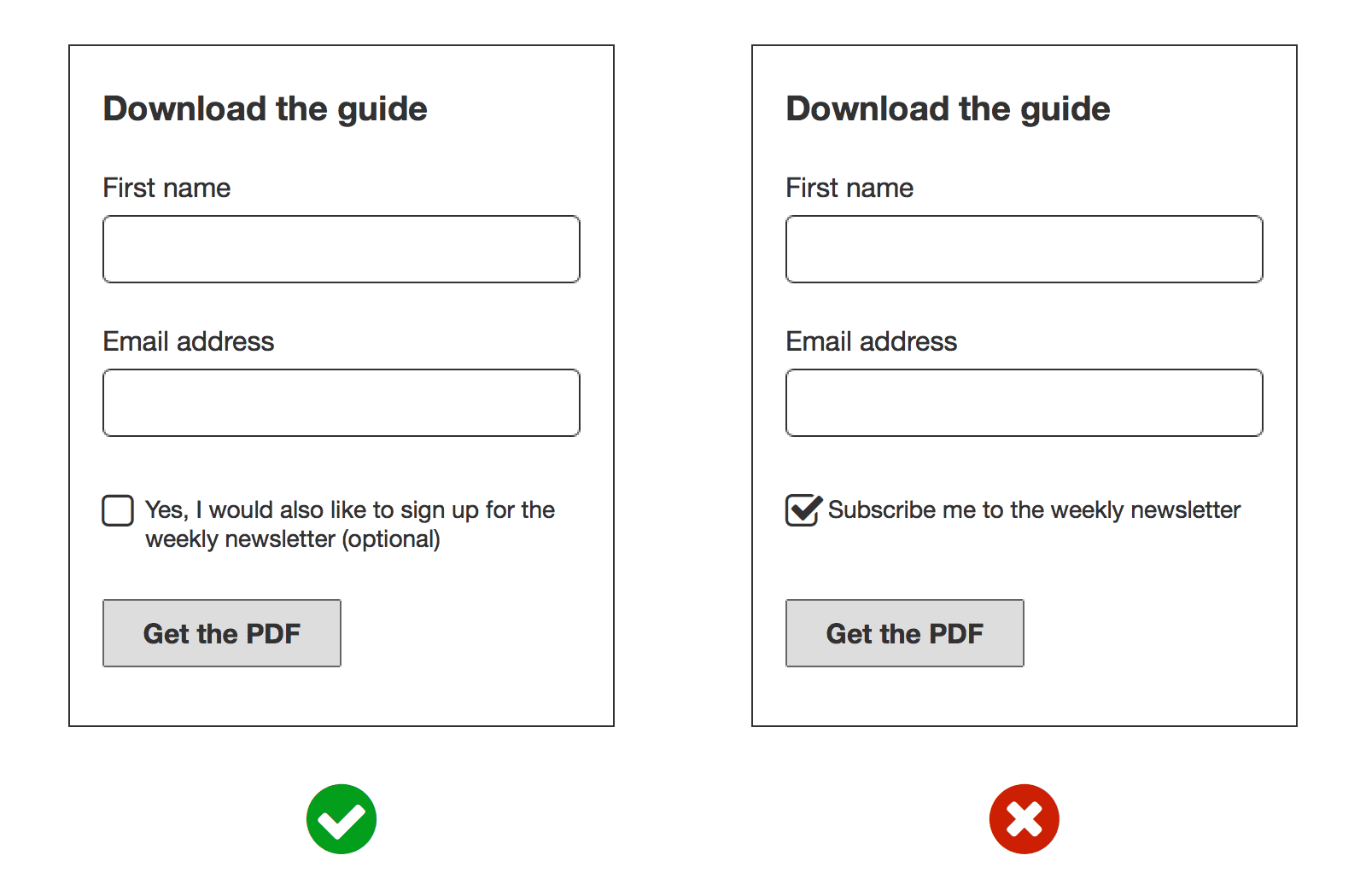
Source: Iubenda
Staying compliant with various email regulations is also challenging for enterprises with a worldwide audience because these regulations vary from region to region. GDPR, CAN-SPAM ACT, and CASL are some of the top email regulatory frameworks. An email marketing software complies with these regulations to ensure high deliverability and high open rates.
3. Scalability
Scalability becomes an important issue for enterprises with a growing email list. Not every legacy system and marketing tool might support the growing needs of your company, so a large-scale organization might have to switch its email marketing automation platform at a later stage.
This is why it is important to choose a marketing automation software that can support your current as well as future requirements, so you don't have to go through the hassle of switching platforms later.
Choosing the Right Email Marketing Automation Software
Let's first discuss the criteria that can help you pick the best email automation platform, and then we'll look at the top 5 tools.
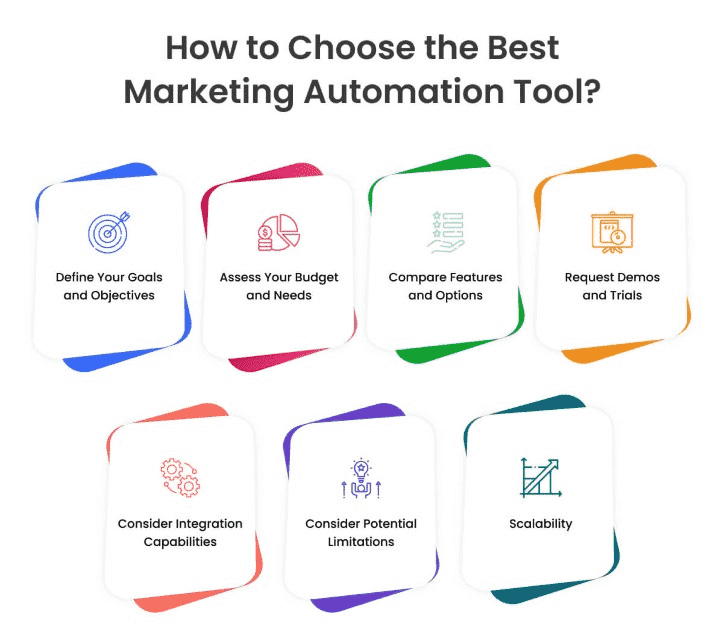
Source:revechat
How to Evaluate Email Marketing Automation Tools?
Choosing the best email marketing automation platform can be made easier by looking at these key factors:
- Functionality: Prioritize functionalities like A/B testing, email list segmentation, content personalization options, and analytics. All of these features combine to make an email marketing campaign successful.
- Integration Capabilities: The email marketing automation platform of your choice should have excellent integration capabilities with CRM, CMS, e-commerce tools, and any other tools you use in your marketing and sales processes.
- Cost-Effectiveness: The pricing model of email automation tools must be considered to find the one that is cost-effective for your organization. Enterprises, generally, should choose platforms with a usage-based pricing model.
- Compliance: Whether you have the target audience only in Europe, the USA, or worldwide, your email marketing automation tool must follow leading compliance regulations like GDPR and CAN-SPAM to ensure high deliverability.
- Ease of Use: The overall user-friendliness of email automation platforms is also important because you won't want to spend hours and hours figuring out how to use the tool in the first place.
Overview of the Top 5 Email Marketing Automation Tools
Based on our evaluation of the top email marketing automation platforms, here's a comprehensive overview of five of them:
| Feature | EngageLab | ConstantContact | Omnisend | Klaviyo | Mailchimp |
|---|---|---|---|---|---|
| Positioning | AI-driven marketing automation for businesses of all types and sizes | Focused on small and medium-sized businesses | E-commerce-centric features | E-commerce-focusedd with data-rich analytics | Beginner-friendly solution with many integrations |
| Automation | Advanced workflows with a user-friendly interface | Basic automations with simple templates | Strong ecommerce flows for emails and SMS | Very advanced triggers, | Varies from basic to advanced based on the plan |
| Segmentation | Real-time and multi-dimensional segmentation | Basic engagement | E-commerce-focused, behavioral history | Excellent, predictive segmentation | Solid general segmentation |
| Channels | Complete omnichannel (Email, SMS, WhatsApp, Push) | Mostly email + limited social | Email, SMS, WebPush | Email, SMS, push with strong triggers | Mainly email with some SMS/push via add-ons |
| Deliverability | Enterprise-level high deliverability via global nodes and high uptime | Modest scale | Reliable for e-commerce stores | Excellent for large-scale | Strong, but plan-dependent |
| Analytics | Real-time AI insights | Standard reporting | Good reporting | Predictive analytics with an advanced dashboard | Decent with integration options |
| Pricing | Usage-based | Affordable pricing starting from $12/mo | Moderate pricing dependent on contacts | High at scale | Free/basic tiers are available, but higher features are costly |
| Support | Reliable support with 1:1 options | Good, stronger in higher tiers | Solid ecommerce support | Strong, enterprise-focused | Good with large community resources |
Based on the overview, here are some of our tailored Recommendations for enterprises categorized by size & industry:
- Large Enterprises With Global Operations: Choose EngageLab for enterprise-level deliverability, omnichannel marketing automation, and high-level reliability. An organization with a focus on advanced analytics can also consider Klaviyo.
- Mid-Sized or Fast-Scaling Ecommerce Brands: Omnisend is a reliable option in this category. Moreover, Klaviyo is a great alternative if the organization has the budget. Constant Contact email automation features can also be suitable for mid-sized companies. On the other hand, EngageLab can be the right pick if you plan to scale internationally.
- Regulated Industries (Finance, Healthcare, Fintech): EngageLab is a safe choice thanks to its compliance-first infrastructure, dedicated servers, and strong data protections.
- Global/Localized Marketing Teams: EngageLab stands out with multi-node infrastructure and high regional deliverability.
Getting Started with Email Marketing Automation
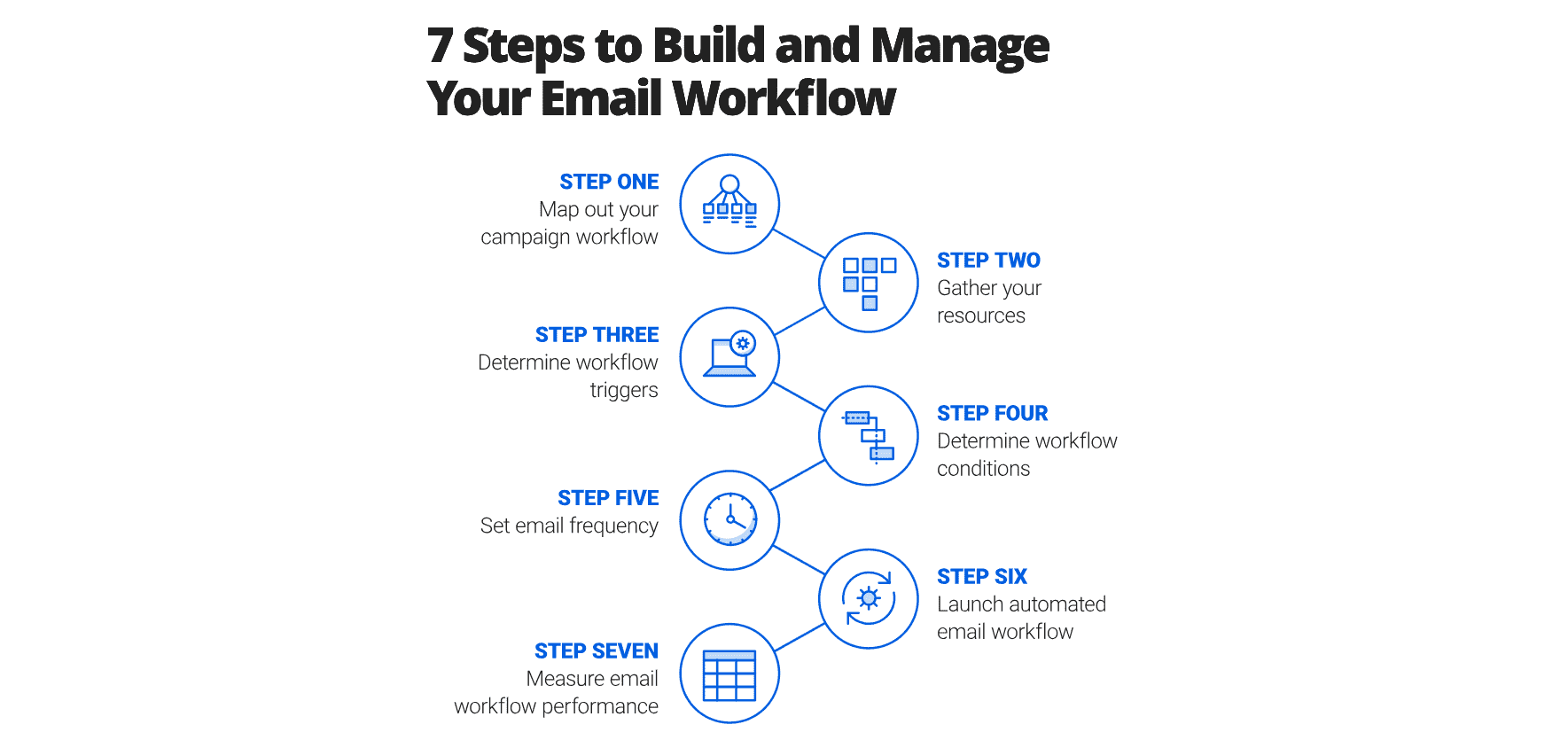
Here are the key steps involved in launching your first automated email campaign:
- Choose Right Tool: First of all, you have to choose an email marketing automation platform through which you can manage everything and execute a successful campaign.
- Create Email List: An enterprise is likely to have a massive list of existing contacts. Focus on optimizing it and growing it to reach as many of your target audiences as possible.
- Segment Email List: Building a large email list is not enough for an automated email marketing campaign, especially if you want to personalize it. You have to organize your contacts into separate lists based on demographics and behaviour.
- Set Up Welcome Email : A welcome email is the very first impression the customer will have of your brand. So, make sure your welcome email has engaging content and an unavoidable subject line to ensure a high open rate.
- Write Engaging Subject Lines: Email subject lines can be the make-or-break factor in their success. So, write persuasive subject lines that the recipients cannot resist opening.
- Preview and Test: Always run a small test of your automated email marketing campaign before executing it on a larger scale. Preview the email in both desktop and mobile settings to ensure high readability.
Once the automated marketing campaign is executed, you also have to track the results to make relevant changes from time to time.
Why EngageLab is the Ideal Choice for Your Organization?
EngageLab is the ideal email marketing automation platform for every type of organization, including enterprises, because you can easily build your first automated email workflow in 4 simple steps:

1 Account Setup and Activation
Create an account on EngageLab with your email address and password. Alternatively, you can also sign in with your Gmail, Facebook, GitHub, or Apple account.
Get Started For FreeOnce logged in, click on the Marketing Automation section to activate the email marketing service.

2 Configuring User Groups and Triggers
Import your contact list into EngageLab to configure and segment user groups through the user management section.
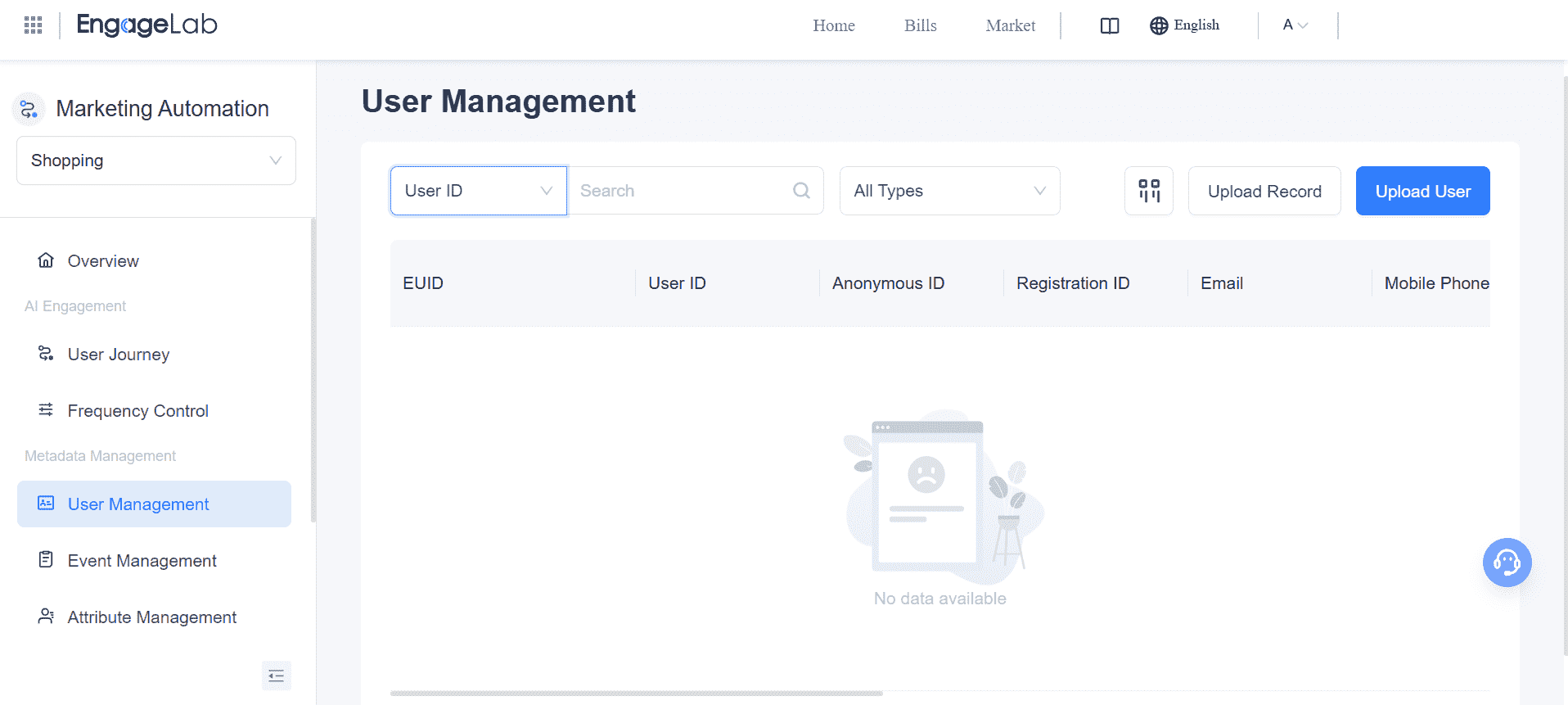
Set relevant triggers for the email marketing campaign to get executed under the Event Management section. You can use the recommended pre-defined events or design custom ones as well.
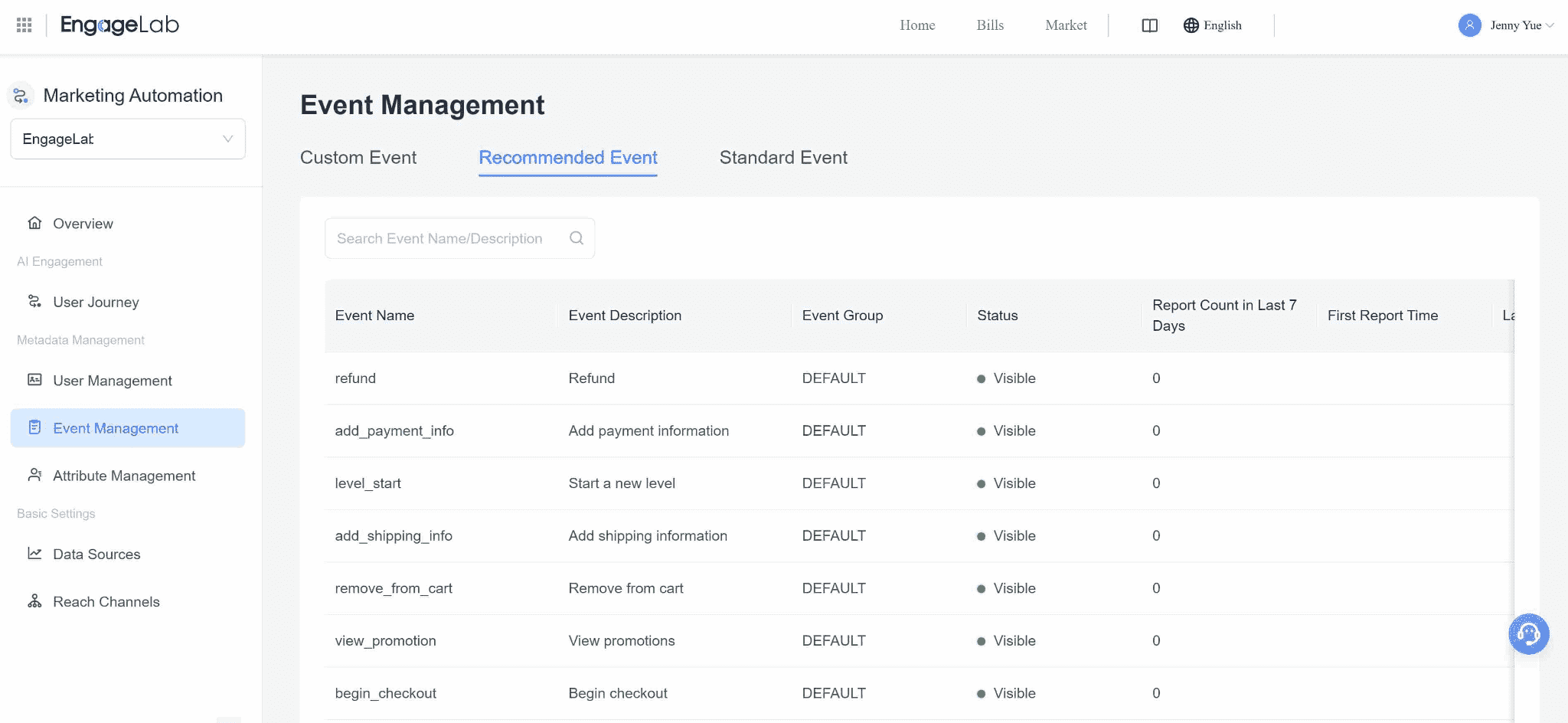
You can also create A/B testing campaigns to find out which variant works best.

3 Designing Personalized Email Content
EngageLab has a long list of common user journey templates you can use to automate emails. For example, if you want to automate the process of sending birthday wishes via email to your subscriber list, you can do that.
Set the email template message.

If you already have a template, choose it, or simply choose to create a new one.
You can create multiple templates in EngageLab with dynamic fields to ensure personalization:
Select the template flow creation window

Once finalized, click on the Publish button.

4 Monitor Analytics to Optimize Delivery
Sending the emails is not enough, as you have to continually monitor the data.
The statistics of your automated email marketing campaign will help you optimize the results by tweaking the template, subject line, and delivery times.
Beyond the Basics: Advanced Features and Unique Value of EngageLab
Other than automating email marketing campaigns, you get numerous benefits from EngageLab:
- A unified marketing automated tool to reach customers via different channels, including SMS, web push notifications, app push notifications, WhatsApp OTP, and email.
- Compliance with leading regulatory requirements to ensure high deliverability.
- AI-powered features, such as content creation, to write engaging content for your emails.
- Built-in A/B testing to ensure you are using the best version of your emails.
- High scalability to ensure you can keep using the same platform as your business grows.
- Usage-based pricing model, so you don't have to pay only for the features that you actually use.
Conclusion
Personalization, scalability, higher engagement, and higher conversions are the top benefits of automating email marketing campaigns. But since there are so many email automation tools available, it is not always easy for organizations to pick the right tool. We've thoroughly discussed the criteria to choose the right platform in this article.
EngageLab stands out as the top email marketing automation platform due to its usage-based pricing, extensive automation features, personalization capabilities, and reliable customer support service that can help you configure a successful and automated email marketing campaign in no time.




